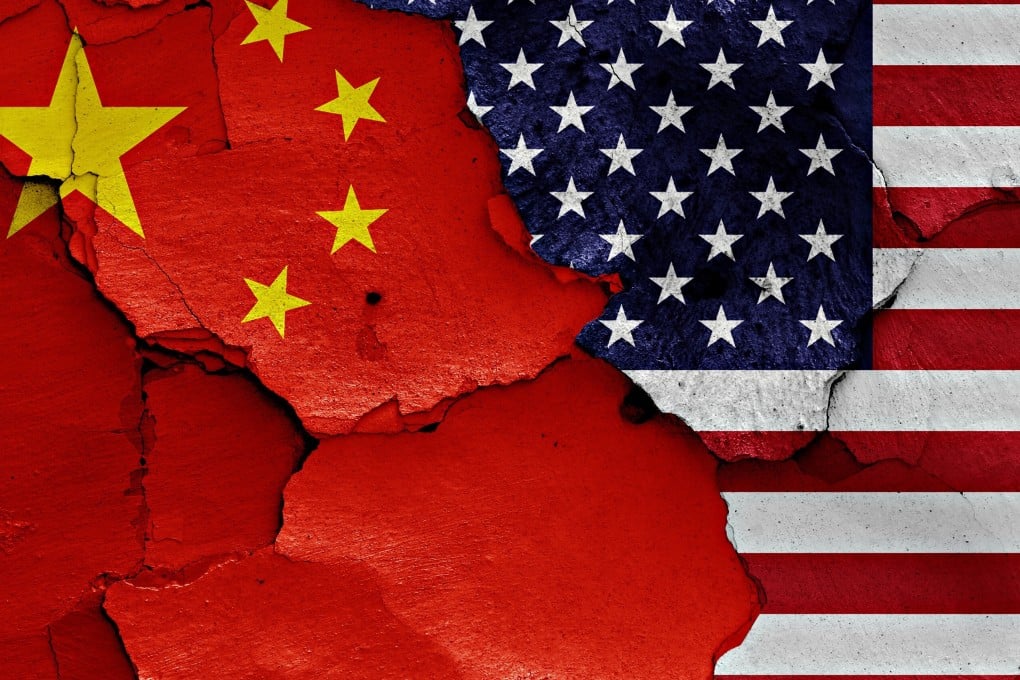Decoupling could be ‘death knell’ for European firms in China: report
- Survey of 120 companies shows many operations disrupted with deep concerns of more to come, especially in digital fields
- At least one Europe-based business has already closed its manufacturing operation in southwest China

The stark findings were released on Thursday in a joint report by the European Union Chamber of Commerce in China and the Berlin-based think tank Mercator Institute for China Studies, which surveyed 120 companies from October.
“The pain is most keenly felt in the areas where China’s self-reliance campaign collides with the US and other actors’ efforts to engineer economic decoupling – most clearly in all things digital,” the report said.
“Decoupling: severed ties and patchwork globalisation” covered the dynamics of supply chains, critical components and innovation, revealing “rapidly growing concerns” over the setting of standards, as well as data and digital technology, such as AI and the internet of things.
“Many fear that a continuation along this perilous route towards a complete fracturing of economic and technological ties between the US and China may sound the death knell for their China business or force them into a dual track approach to technology and supply chains, either of which will cause irrecoverable damage to their global operations and home markets alike,” it said.
European companies have already had their operations disrupted by the US decision to cut the supply of chips to China. The report warned that decoupling trends were likely to worsen in future, “catalysed by political and strategic divergence”.
Chamber president Joerg Wuttke said the survey found 27 per cent of respondents relied on US semiconductors and international software which had no substitutes in China.